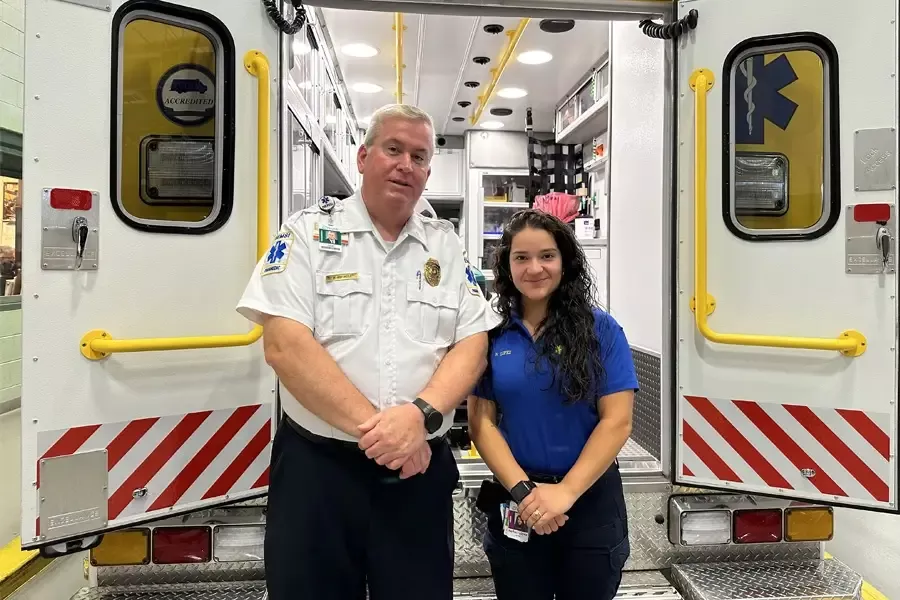
Chronic obstructive pulmonary disease (COPD), also known as emphysema or chronic bronchitis, affects nearly 16 million Americans. While anyone can develop the disease, smokers or ex-smokers and people who live in rural areas tend to be more affected.
November is National COPD Awareness Month. Throughout the year, HH Health is here to help patients with chronic lung conditions have a better quality of life by slowing the disease’s progression, breathing better and living longer.
To learn how you can lower your risk for COPD, check out these helpful tips:
Say no to smoking and yes to life
Protect your lungs and those of the people around you by not smoking cigarettes and avoiding cigarette smoke. Why? Long-term smoking or exposure to tobacco smoke damages the lungs and airways and significantly increases your chances of developing COPD.
If you smoke now, it’s never too late to quit! Be sure to check out Beat the Pack, our smoking cessation programs led by certified, experienced hospital personnel. Call (256) 265-7071 to get on the road to a healthier future.
We can’t mention smoking without also discussing the harmful effects of vapes. While vapes or e-cigarettes are free from tobacco, they may contain chemicals that impair your lungs. Kick the habit today and lead a healthier lifestyle for years to come.
Steer clear of air pollution
Air pollution can be a concern in some rural communities. Those who work on farms, in manufacturing or in mining may also be at higher risk for COPD due to exposure to dust, fumes or smoke. If this sounds familiar, talk to your employer about ways to limit exposure on the job.
The quality of air in your home is also important. Lower your risk of developing COPD by ventilating indoor spaces, removing dust buildup and avoiding products with chemicals that could irritate your lungs.
Talk to a health care provider
For those who smoke or used to smoke, work at a job where their COPD risk is higher, or have or may have a genetic condition called alpha-1 antitrypsin deficiency, be sure to discuss your risk factors and any symptoms you have with your health care provider.
Common symptoms of COPD include:
- Mucus
- Wheezing
- Chest tightness
- Shortness of breath

Karen Adams, RN, BSN, Director of Cancer Registry | Cancer Program | Center for Lung Health


